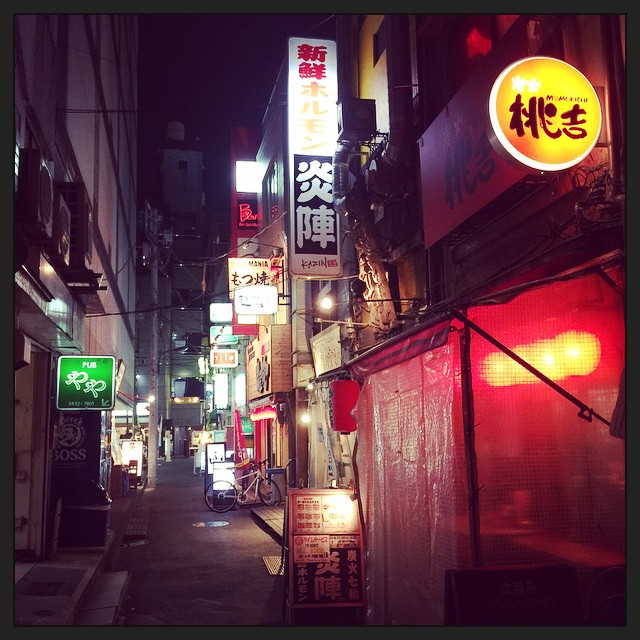
English is a wonderful language. In its nearly one million words there are endless subtle gradations of meaning, folded up tight like origami. Surprising synapses fire between leftover Latin suffixes, ancient Greek verbs, and odd detritus from French, German, and even Arabic. And we add to it all the time, mixing it, blending it, elongating it with words like ‘hashtag,’ ‘duck-face,’ and ‘selfie.’ (Some experiments are better than others.)
But no matter how inventive it is, there are still moments and feelings that dangle just beyond its linguistic grasp. That’s part of the beauty of travel: learning new words that fill the gaps in expression, and appreciating the ability to articulate things that would otherwise go unsaid.

Introducing our favourite untranslatable words from other languages. Where has resfeber been all our lives?
1. Vedriti (v) – Slovenian
To take shelter from the rain and wait for it to finish.
2. Waldeinsamkeit (n) – German
The feeling of being alone in the woods.
3. Abbiocco (n) – Italian
The drowsiness you feel after eating a big meal.
4. Mångata (n) – Swedish
The rippled reflection of moonlight on water.
5. Desenrascanco (n) – Portuguese
The ability to quickly improvise a solution.
6. Dor (n) – Romanian
The longing you feel when you miss someone you love.
7. Culaccino (n) – Italian
The condensation mark left on a table by a cold glass.
8. Resfeber (n) – Swedish
The restless race of a traveller’s heart before the journey begins, when anxiety and anticipation are mixed together.
9. Iktsuarpok (n) – Inuit
The feeling of anticipation that leads you to go outside to check if someone is coming.
10. Komorebi (n) – Japanese
Sunlight that filters through the leaves of trees.
11. Badkruka (n) – Swedish
Someone reluctant to get into the water when swimming.
12. Sobremesa (n) – Spanish
The time spent after lunch or dinner, chatting with the people you had the meal with.
13. Pana Po’ o (v) – Hawaiian
The act of scratching your head to help you remember something.
14. Utepils (n) – Norwegian
A beer you drink outside.
15. Hyggelig (a) – Danish
Comfy, cosy, intimate and contented.
16. Verschlimmbessern (v) – German
To make something worse when trying to improve it.